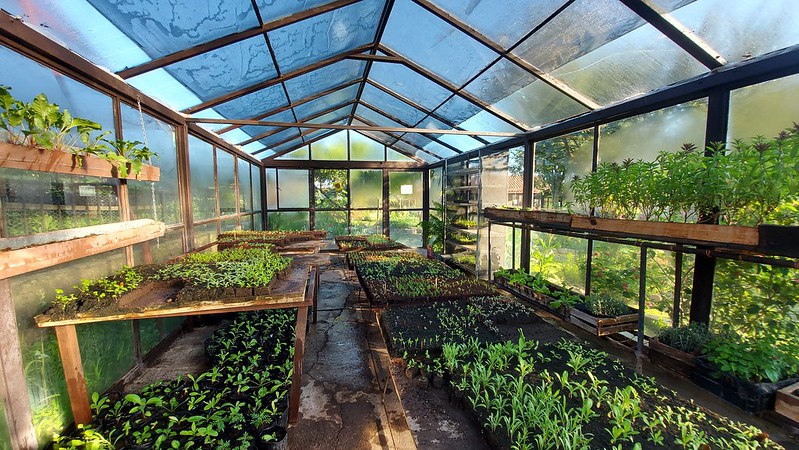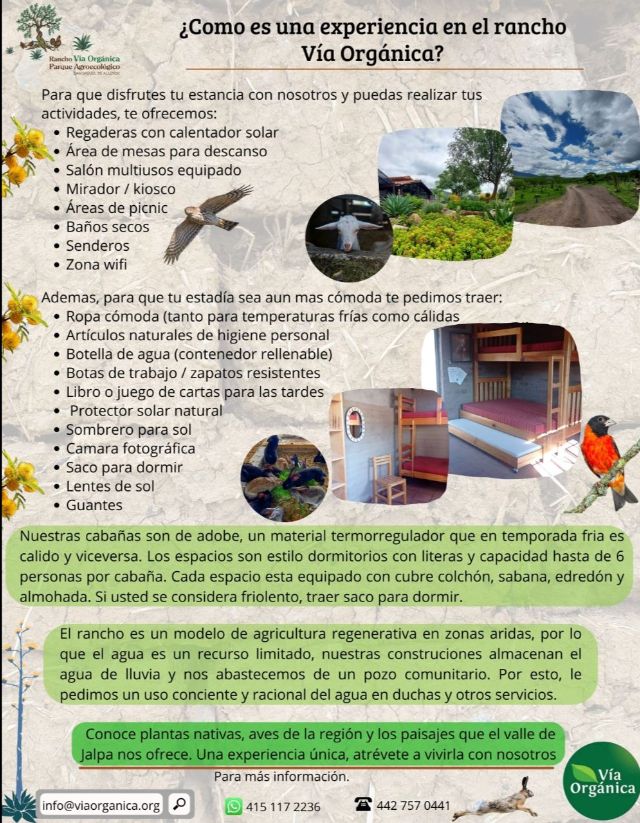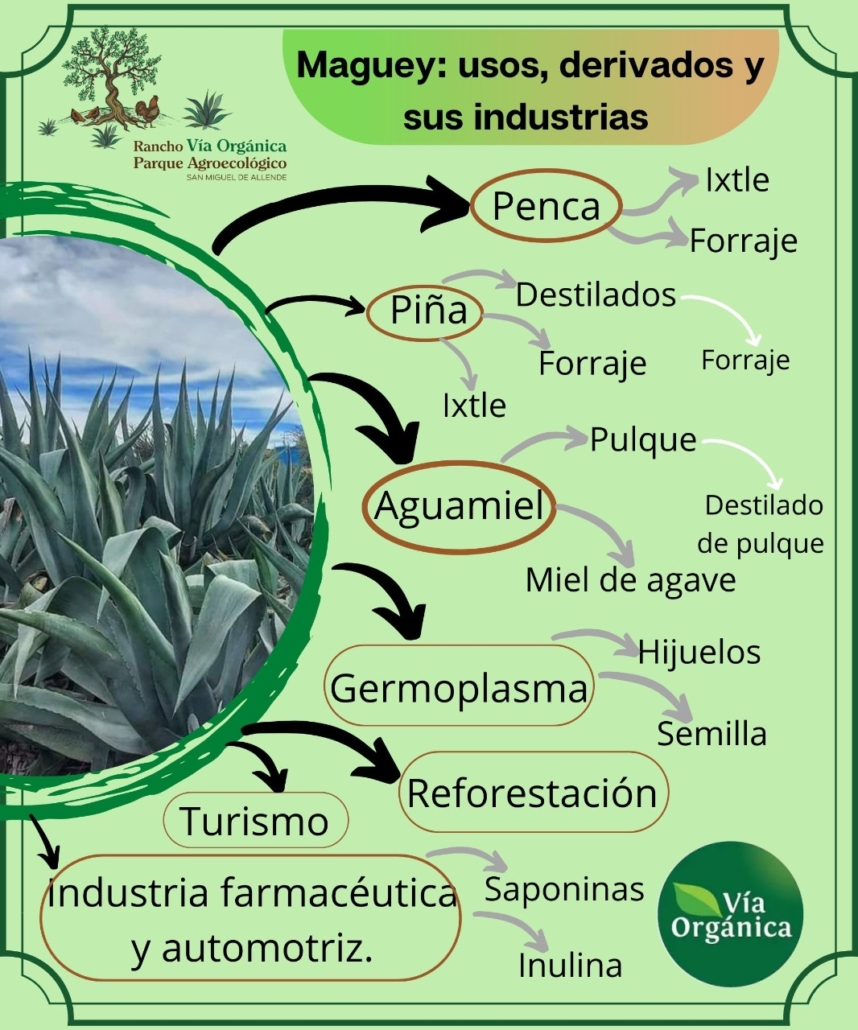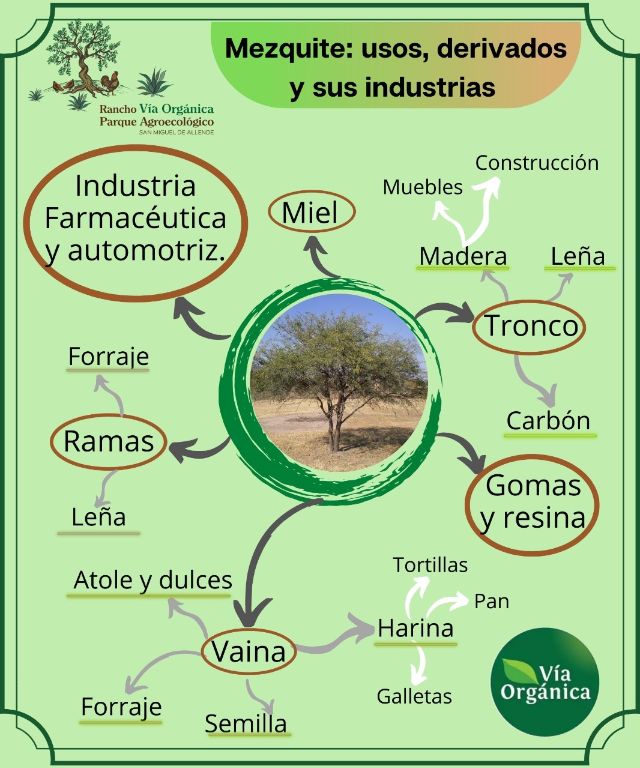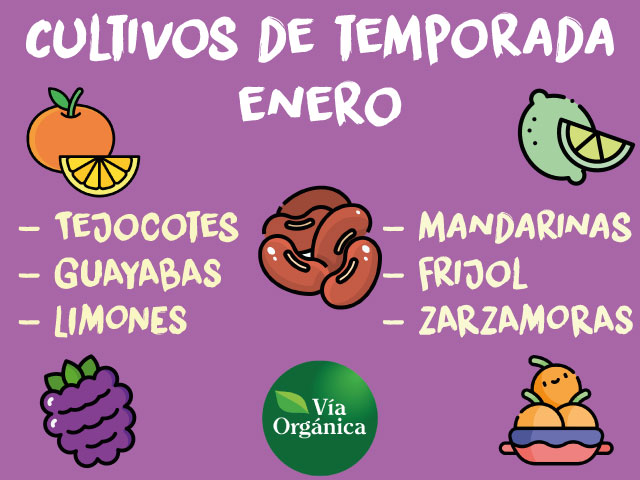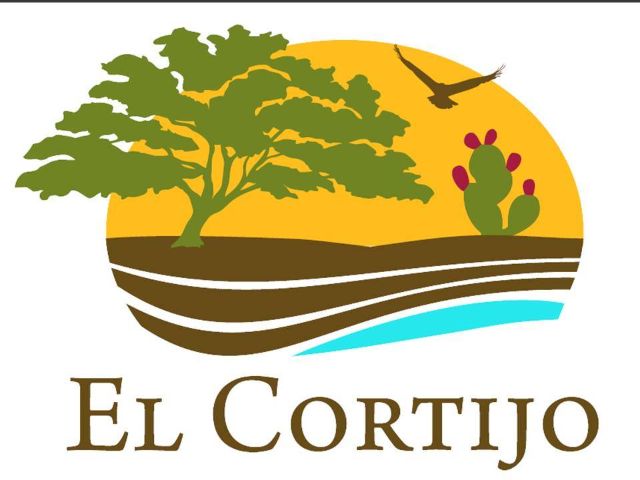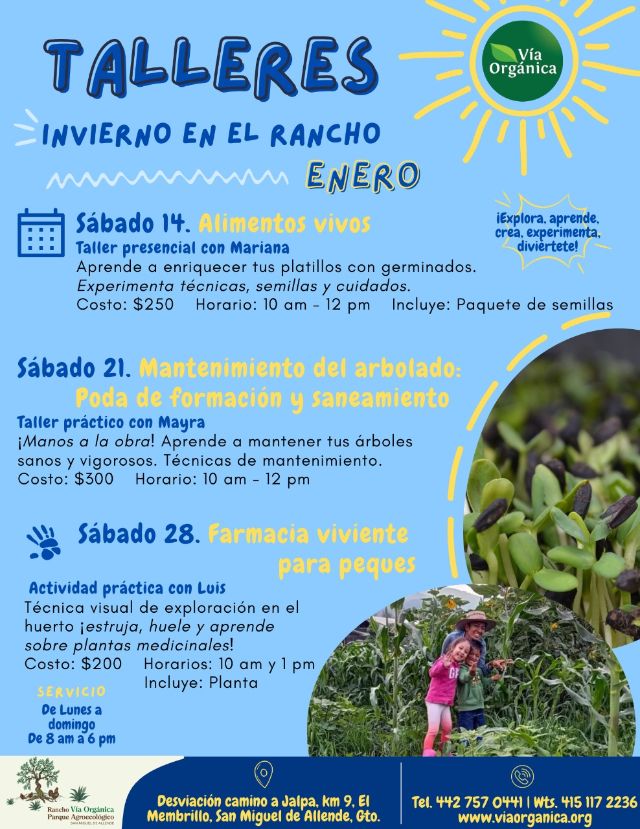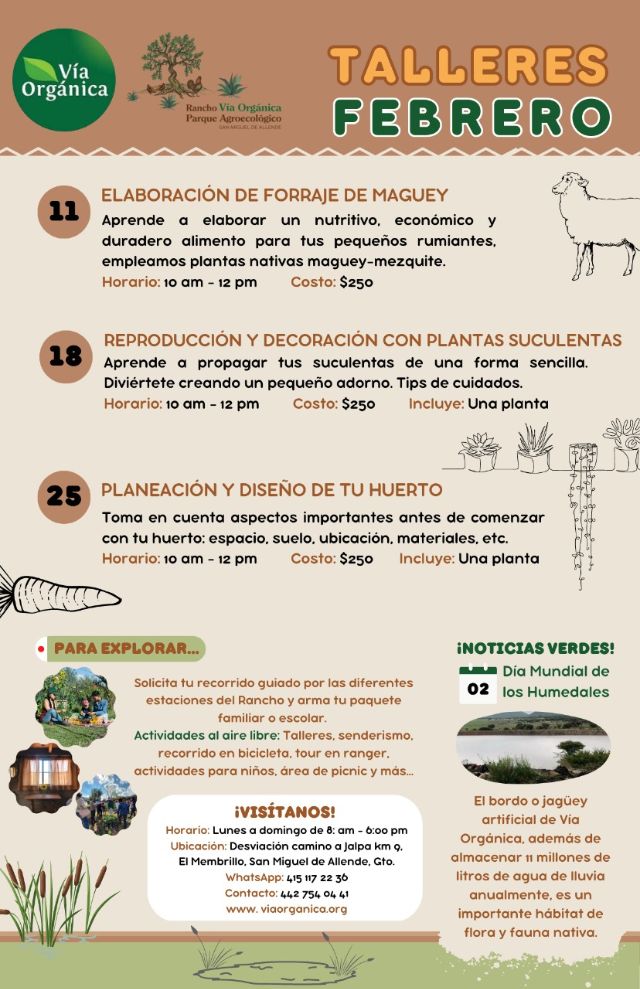Trinational Announcement of Peasant Organizations, Farmers, Environmentalists, Unions, Churches, Social Activists, Academics and Journalists From Our Three Countries
The transnational corporations and business organizations that benefit from GM corn and biocides such as glyphosate are strongly pressuring the Mexican government (with support from the U.S. government) to renounce its right to food sovereignty and walk away from the international commitments assumed by the three governments in the “Kunming-Montreal Global Biodiversity Framework,” which is the strategic plan for the implementation of the Convention on Biological Diversity in the period 2022-2030, intended to contribute to the achievement of the Sustainable Development Goals by 2030. https://www.cbd.int/article/cop15-cbd-press-release-final-19dec2022
The demand by corporations and their lobbyists that Mexico reverse the legitimate and legal decisions made in compliance with the spirit of the U.S.-Mexico-Canada Agreement (USMCA), as well as international legal frameworks, to protect the world’s center of origin and diversification of maize from contamination by transgenic corn, as well as the gradual but effective elimination of highly hazardous pesticides such as the carcinogenic glyphosate (also known by its brand name RoundUp or Faena), is a true international legal absurdity and an anachronistic approach typical of the last century, contrary to the broad social demands and international commitments of the 21st century.
In December 2022, the governments of the United States, Canada and Mexico, as well as the majority of governments in the world, participated in the fifteenth Conference of the Parties to the Convention on Biological Diversity in Montreal. They agreed on the “Kunming-Montreal Global Biodiversity Framework” (https://www.unep.org/news-and-stories/statements/adoption-kunming-montreal-global-biodiversityframework-gbf), which establishes four goals and 23 targets. Of those, we highlight only three, which contrast with the irrationality of the corporate demands towards Mexico:
TARGET 7
Reduce pollution risks and the negative impact of pollution from all sources by 2030, to levels that are not harmful to biodiversity and ecosystem functions and services, considering cumulative effects, including: reducing excess nutrients lost to the environment by at least half, including through more efficient nutrient cycling and use; reducing the overall risk from pesticides and highly hazardous chemicals by at least half, including through integrated pest management, based on science, taking into account food security and livelihoods; and also preventing, reducing and working towards eliminating plastic pollution.
TARGET 9
Ensure that the management and use of wild species are sustainable, thereby providing social, economic, and environmental benefits for people, especially those in vulnerable situations and those most dependent on biodiversity, including through sustainable biodiversity-based activities, products and services that enhance biodiversity, and protecting and encouraging customary sustainable use by Indigenous peoples and local communities.
TARGET 10
Ensure that areas under agriculture, aquaculture, fisheries and forestry are managed sustainably, in particular through the sustainable use of biodiversity, including through a substantial increase of the 2 application of biodiversity-friendly practices, such as sustainable intensification, agroecological and other innovative approaches contributing to the resilience and long-term efficiency and productivity of these production systems and to food security, conserving and restoring biodiversity and maintaining nature’s contributions to people, including ecosystem functions and services.
Our organizations, and an increasing number of members of our governments and legislative and judicial bodies, see the goal of trying to put corporate interests above the priorities of respect for Mother Nature, as well as public health, as clearly irrational. Such proposals go against the socioenvironmental needs of the region and the world. Instead, we must build alternative policies for balanced development that should be the priority, in harmony with international law.
WE REJECT PRESSURE BY TRANSNATIONAL CORPORATIONS AND THEIR AGRIBUSINESS ALLIES THAT CONTROL SEEDS AND AGROCHEMICALS.
WE SUPPORT THE POLICY, IN EACH OF OUR COUNTRIES, OF ENCOURAGING THE PRODUCTION OF NON GM MAIZE, WITHOUT GLYPHOSATE OR OTHER SIMILAR BIOCIDES, AS WELL AS THE POLICY OF FAIR AND SUSTAINABLE TRADE.
WE ENCOURAGE GOVERNMENTS TO RAISE THESE ISSUES, TO TAKE EFFECTIVE MEASURES TO COMPLY WITH THE COMMITMENTS ESTABLISHED TO PROTECT BIODIVERSITY AND TO RESPECT THE RIGHT OF PEOPLES TO STRENGTHEN THEIR SOVEREIGNTY AND FOOD SECURITY.
WE REITERATE OUR EXHORTATION TO THE GOVERNMENT OF MEXICO TO STAND FIRM IN THE FACE OF PRESSURE FROM THE UNITED STATES GOVERNMENT AND TRANSNATIONAL INTERESTS.
Ciudad de México
MEXICO
Red Mexicana de Acción frente al Libre Comercio (RMALC)
Campaña Nacional Sin Maíz No hay País
Asociación Nacional de Empresas Comercializadoras de Productores del Campo, A.C. (ANEC)
Red de Acción sobre Plaguicidas y Alternativas en México (RAPAM)
Movimiento Campesino, Indígena, Afromexicano, Plan de Ayala Siglo XXI. (MCIAPASXXI)
Agrónomos Democráticos.
Central de Organizaciones Campesinas y Populares (COCyP).
Unión Campesina Democrática (UCD).
Promotora de Gestión de Enlace para el Desarrollo Rural (PROGEDER).
Central Independiente de Obreros, Agrícolas y Campesinos (CIOAC-JDLD).
Sindicato de Trabajadores del INCA Rural (STINCA).
Asociación de Consumidores Orgánicos.
Fundación Semillas de Vida.
Guerreros Verdes, A.C.
FIAN México
Grupo de Estudios Ambientales (GEA)
Fundación Semillas de Vida.
Colectivo Zacahuitzco
Frente Autentico del Trabajo (FAT)
Tortillería Blanquita Mejía
Instituto de Estudios para el Desarrollo Rural Maya AC
Mercado de la Tierra Toluca
Moms Across America de EU
Grupo Moojk Kaaky, Tlahuiltotepec, Oaxaca.
Centro Agroecológico Mecayapan.
Sihuatayolme de Mecayapan.
Agroproductores de la Sierra de Santa Marta SPR de RL de CV.
Chiltik Tayol de Mecayapan.
Tianguis Agroecológico de Xalapa y red de agricultura urbana y Periurbana de Xalapa.
Colectivo Zacahuitzco
Fundación Tortilla
Organización Nacional de Licenciados en Desarrollo Sustentable, S. C.
Proyecto de Desarrollo Rural Integra V. Guerrero A.C. (Grupo V. Guerrero de Tlaxcala)
Alimento Sano Ciudad Guzmán, Jalisco.
Red de Coordinación en Biodiversidad, A. C, Costa Rica
Cooperativa Despensa Solidaria – Cdmx
Alimento Sano Ciudad Guzmán, Jalisco.
Centro de Derechos Humanos “Fray Francisco de Vicoria Q.P. A.C.
Observatorio del Derecho a la Salud
Centro de Capacitación en Ecología y Salud para Campesinos (CCESC)
Rebiosfera A.C.
Espacio de Encuentro de las Culturas, A.C.
Tlalpantur Coop.
Maak Raiz Artesanal S.C. de R.L. de CV
Cristianas ComprometidasUnión de Redes Solidarias Totoquihuatzin SC de RL de CV
Promotores de Nuestras Raíces
Agromas S.C.
Radio Huayacocotla la Voz Campesina
Comité de Derechos Humanos Sierra Norte de Veracruz
Carnaval del Maíz
Haciendo Milpa, A.C.
Centro Agroecológico Mecayapan.
Sihuatayolme de Mecayapan.
Agroproductores de la Sierra de Santa Marta SPR de RL de CV.
Chiltik Tayol de Mecayapan.
Honey Authenticity Network
Alianza Nacional Apícola
Biopakal S.A.P.I. de C.V.
Colectivo de comunidades mayas de los Chenes y
Alianza Maya por las abejas de la Península de Yucatán Kabnalo’on
Red Socio-Ambiental
Ts’atai, Mercadito y Cultura
Tianguis Alternativo de Puebla
Red Tsiri (Michoacan)
Red de Comunicadoras y Comunicadores Boca de Polen
Promotora de Gestión y Enlace para el Desarrollo Rural, A.C. (PROGEDER)
Frente en Defensa del Maíz, Colima
Mercado de productores capital verde.
Espacio de Encuentro de las Culturas Originarias, A.C.
Red de Maíz de la Ciudad de México.
Alianza por Nuestra Tortilla,
Consejo Rector de la tortilla tradicional,
Fundación tortilla.
Asociación Etnobiológica Mexicana
Sociedad Latinoamericana de Etnobiología
Sociedad Mexicana de Agroecología
Ecocomunidades, A.C.
Red Ecologista Autónoma de la Cuenca de México
Individual signers
Catherine Marielle
Alma Piñeyro Nelson
Ricardo Turrent Alonso
Tamara Circuit
Jesse Circuit
Linette Galeana
Marisa Gonzlez de la Vega
María Garate
Jimena Garate
Miguel Ángel Damián Huato
Ing. Francisco Leyva Gómez, investigador agrícola
Dr. Primo Sánchez Morales, Profesor Investigador T.C.
Dr Carlos Avila Bello
Dr. Ramón Mariaca
Agustín Bernal Inguanzo
CANADA
Canadian Biotechnology Action Network
Common Frontiers – Canada
Council of Canadians
GE Free Comox Valley
Hamilton Chapter of the Council of Canadians
Kawartha Highlands and Lakes Chapter of the Council of Canadians
National Farmers Union – Canada
Northumberland Coalition For Social Justice
Public Service Alliance of Canada
Trade Justice Group of the Northumberland Chapter of the Council of Canadians
UNITED STATES
ActionAid USA
Agricultural Justice Project
Agroecology Research Action Collective
Alianza Nacional de Campesinas, Inc.
Center for Food Safety
Community Alliance for Global Justice/AGRA Watch
Community to Community Development
Institute for Agriculture and Trade Policy
Institute for Policy Studies Global Economy Program
Family Farm Defenders
Farmworker Association of Florida
Food in Neighborhoods Community Coalition
Friends of the Earth USA
Global Justice Ecology Project
Grassroots International
Maryknoll Office for Global Concerns
National Family Farm Coalition
Northeast Organic Farming Association-Interstate Council
Northeast Organic Farming Association-New Hampshire
Pesticide Action Network of North America
Public Citizen
Real Food Media
Rural Coalition
US Food Sovereignty Allianc

